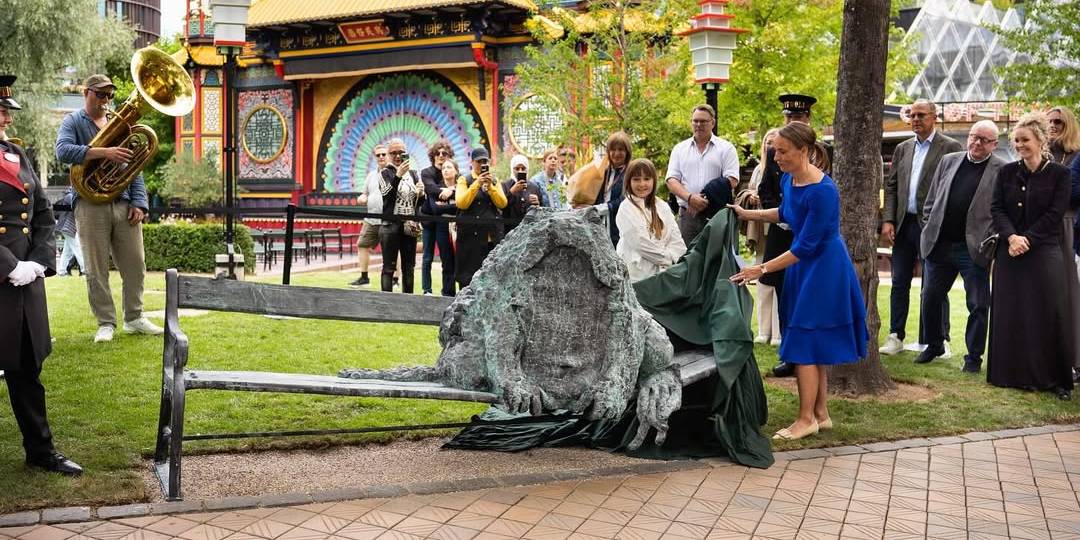
Maria Rubinke: porcelain, innocence and the macabre in contemporary sculpture
Maria Rubinke (Odense, Denmark, 1985) is a contemporary sculptor celebrated for her powerful contrast between sweetness and horror. Working primarily with porcelain, she creates figurative sculptures that depict angelic, childlike characters infused with dark, violent or grotesque details.
Through this unsettling tension, Rubinke explores themes such as fragility, lost innocence and the conflict between outer beauty and inner turmoil. Her technical mastery and emotional intensity make her one of the most distinctive voices in Nordic contemporary art.
The artistic style of Maria Rubinke
Porcelain, traditionally associated with purity and delicacy, becomes in Rubinke’s hands a medium for reflection and discomfort. Each piece is crafted with meticulous care, following processes close to traditional mold making and artisanal techniques, allowing for lifelike textures and intricate detailing.
Her sculptures function as frozen scenes — visually poetic yet psychologically disturbing. They evoke the perfection of Renaissance craftsmanship combined with the emotional charge of surrealism and dark romanticism.
Notable works and exhibitions
Some of her best-known series include:
-
Porcelain Angels, depicting fragile, doll-like children with exposed anatomical elements, symbolizing innocence and vulnerability.
-
Sweet Violence, where visual beauty contrasts with gestures of pain or destruction.
-
Fallen Cherubs, representing broken or fallen angels as metaphors for imperfection and human fragility.
-
Exhibitions in key European institutions such as Galleri Christoffer Egelund (Copenhagen) and the Herning Museum of Contemporary Art.
These works highlight Rubinke’s remarkable technical precision and the importance of artistic foundry and finishes, ensuring durability while maintaining the porcelain’s delicate essence.
Maria Rubinke and contemporary sculpture
Rubinke’s art challenges traditional categories of sculpture. Despite their small scale, her pieces carry monumental emotional weight, tackling universal themes such as loss, beauty and decay.
Her practice reconnects contemporary art with craftsmanship, showing that emotional impact can coexist with artisanal precision — a dialogue at the core of modern sculpture.
International recognition
Maria Rubinke has exhibited widely across Europe and internationally. Her works are part of private and public collections, admired for their unique blend of innocence and darkness.
Her ability to unite classical technique with psychological depth has made her a key reference for a new generation of sculptors seeking authenticity and emotional resonance.
Conclusion
Maria Rubinke transforms porcelain into a poetic yet unsettling material. Between fragility and fear, her art reveals the beauty hidden within vulnerability.
👉 At Alfa Arte, we collaborate with artists who, like Rubinke, combine artisanal craftsmanship with contemporary vision to create sculptures full of emotion and precision.